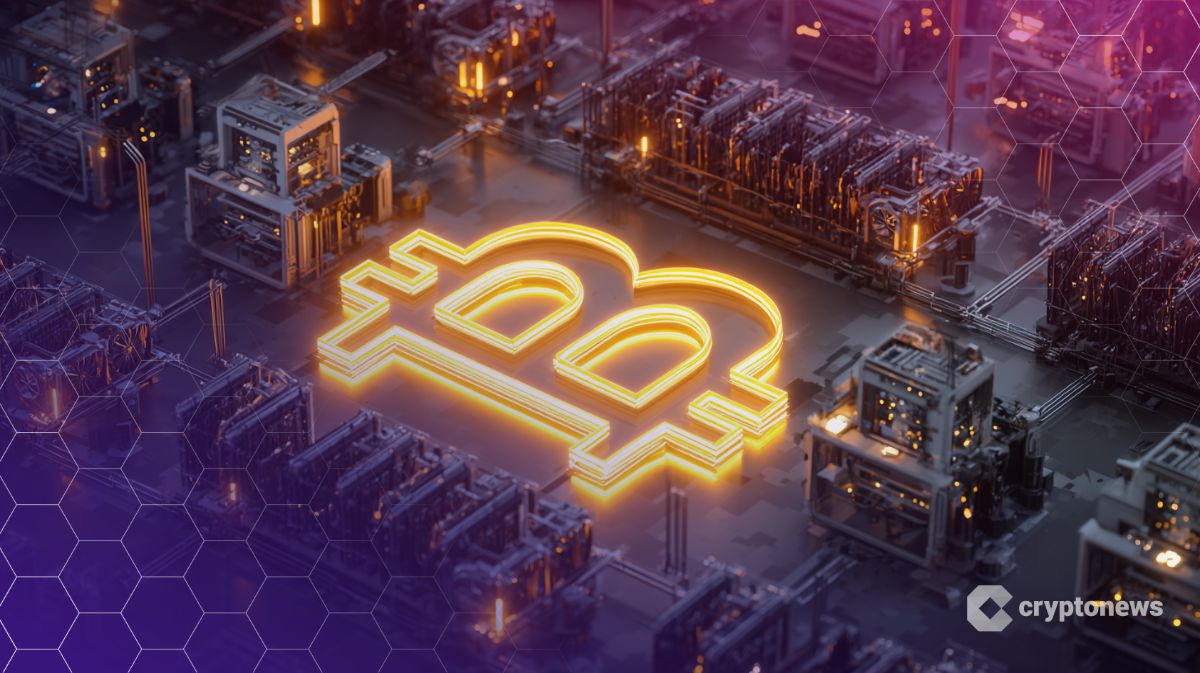Treasury seeks public input on detection of illicit activity in digital assets
The United States Department of the Treasury is seeking public feedback on innovative methods and tools for detecting illicit activity in the digital assets industry.
- U.S. Treasury has asked for public comments on tools used to detect and monitor illicit activity in the digital assets ecosystem.
- The public have until October 17, 2025 to share their input as required under the GENIUS Act.
The U.S. Treasury said in a press release that interested members of the public have an opportunity to provide comments on the techniques or strategies that regulated institutions use to detect and mitigate illicit finance risks in the crypto space.
Focus areas of the public input will be on four key aspects of the ecosystem. These are: application programming interfaces, digital identity verification, artificial intelligence, and blockchain technology use and monitoring.
Why public input?
The notice fulfills a requirement under GENIUS Act, the landmark U.S. stablecoin law President Donald Trump signed into law in July 2025. According to the government agency, the public have 60 days from the date of publishing the request for comment notice in the Federal Register to give their input, with this deadline set for October 17, 2025.
Public feedback on this matter helps the administration’s quest for policy that supports responsible growth and use of cryptocurrencies. Treasury’s move aligns with Trump’s executive order on “Strengthening American Leadership in Digital Financial Technology,” signed on January 23, 2025.
The GENIUS Act requires the Treasury to use feedback from the public input to inform its research on aspects such as effectiveness of tools, costs involved, privacy features, and the cybersecurity risks of the tools.
In the cryptocurrency and blockchain security and analytics ecosystem, platforms such as Chainalysis and TRM Labs have become critical components with tools to detect and alert on potential threats and risks.
You May Also Like

U.S. stocks closed: the three major stock indexes rose and fell, and Circle rose 34%

Bitcoin Miner TeraWulf Announces $400M Private Notes – Data Center Push, $60M Upsize Option
